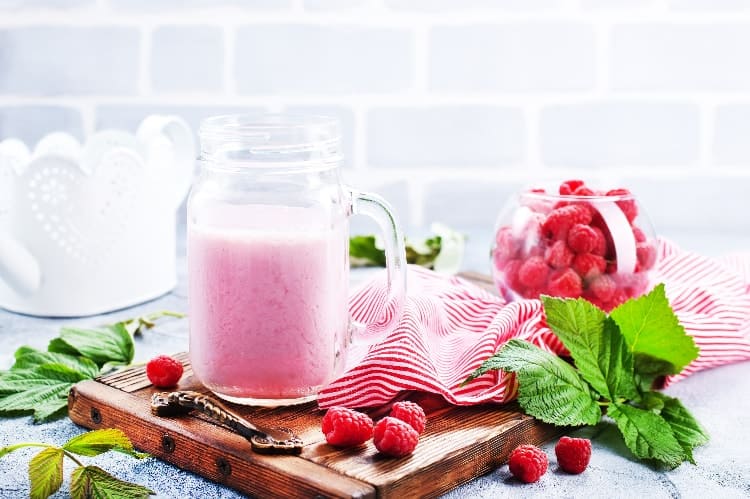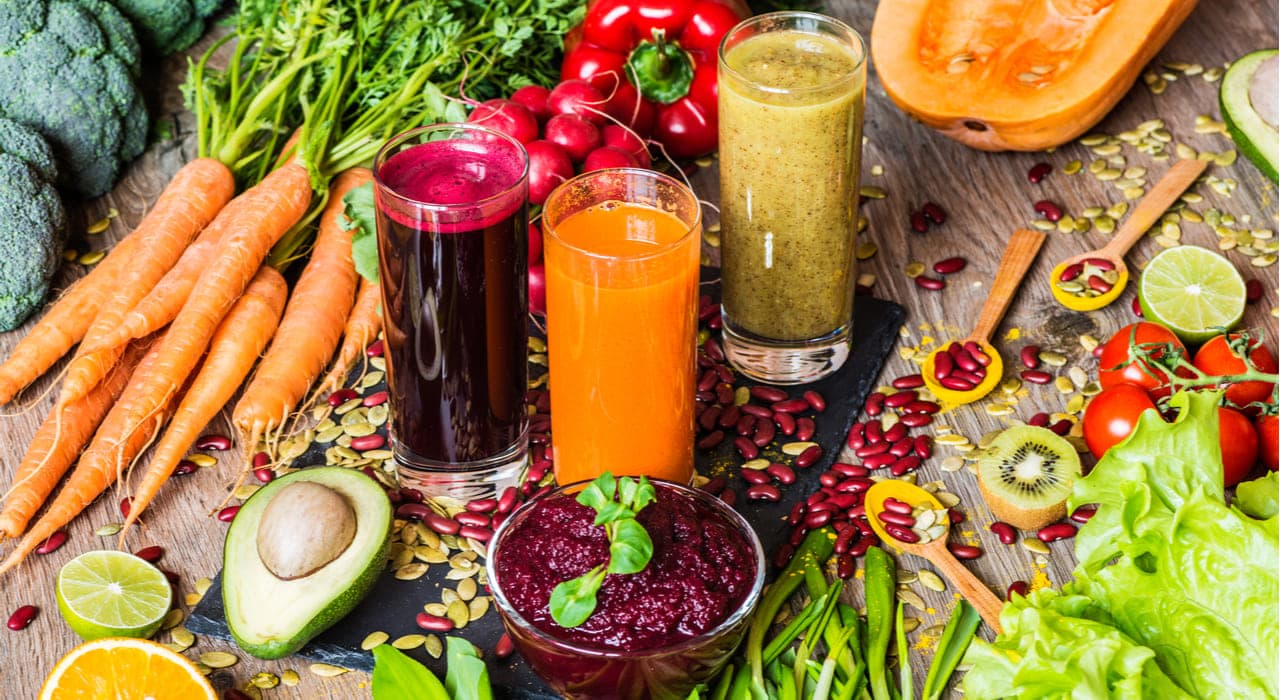Juicing has become a popular trend in recent years, with many people turning to this practice as a way to lose weight. The idea behind juicing for weight loss is that by consuming a diet primarily composed of fruits and vegetables in the form of juice, you can significantly reduce your caloric intake while still getting the essential nutrients your body needs. However, before embarking on a juicing for weight loss plan, there are some things you need to know.
Juicing is not a Magic Solution

Juicing can be an effective tool for weight loss, but it’s important to understand that it’s not a magic solution. While juicing can help reduce caloric intake, it does not replace a healthy diet and exercise. To lose weight and keep it off, it’s essential to adopt healthy lifestyle habits, such as a balanced diet and regular exercise.
Focus on Vegetable-Based Juices
While fruit juices can be delicious and provide essential nutrients, they can also be high in sugar and calories. To maximize the weight loss benefits of juicing, focusing on vegetable-based juices is essential. Vegetables are lower in calories and sugar than fruits, making them a better option for weight loss. Incorporate a variety of vegetables into your juice, such as leafy greens, carrots, and cucumbers.
Use a Variety of Ingredients

One of the great things about juicing is endless possibilities for recipes. Experiment with different combinations of fruits and vegetables to find the perfect blend for your taste buds. Adding herbs and spices can also add flavor and health benefits to your juices.
Watch Portion Sizes
While juices are healthy, it’s important to consider portion sizes. Juices can quickly become high in calories if you add too many ingredients. Use measuring cups or a food scale to ensure you get the right amount of each ingredient. It’s also important to note that while juices are nutritious, they don’t contain the same fiber as whole fruits and vegetables. To feel full and satisfied, pairing juices with whole foods is essential.
Be Mindful of Sugar
While juicing can be a healthy way to consume fruits and vegetables, it’s important to be mindful of sugar content. Some fruits, such as mango and pineapple, are higher in sugar than others. Too much sugar can cause weight gain and other health issues. Be mindful of the fruits you add to your juice and limit high-sugar fruits.
Use a Quality Juicer
Investing in a quality juicer can make a significant difference in your juice’s taste and nutrient content. Look for a juicer to extract the most nutrients from fruits and vegetables while minimizing waste. A quality juicer can also make the juicing process easier and more efficient.
Incorporate Exercise
While juicing can provide essential nutrients for weight loss, it’s important to incorporate exercise into your fitness journey. Exercise can help build muscle, increase energy levels, and improve overall health. Juicing alone cannot provide all the necessary nutrients for optimal health.
Listen to Your Body
Listening to your body when following a juicing for a weight loss plan is essential. If you’re feeling hungry, having a healthy snack is okay. If you’re feeling fatigued, it’s okay to take a break from exercise. Pay attention to how your body feels and adjust your diet and exercise accordingly.
Conclusion
When done correctly, juicing can be an effective tool for weight loss. By consuming a diet primarily composed of vegetables and juice, you can significantly reduce your caloric intake while still getting the essential nutrients your body needs. It’s important to remember that juicing is not a magic solution for weight loss and should be used to supplement a healthy diet and exercise routine. It’s also important to be mindful of sugar content, portion sizes, and the quality of your juicer. Incorporating exercise into your fitness journey and listening to your body are also crucial components for successful weight loss. With these tips in mind, juicing can be a healthy and effective tool to support your weight loss goals. As with any dietary change, it’s always best to consult with a healthcare professional before embarking on a new juicing for weight loss plan.






